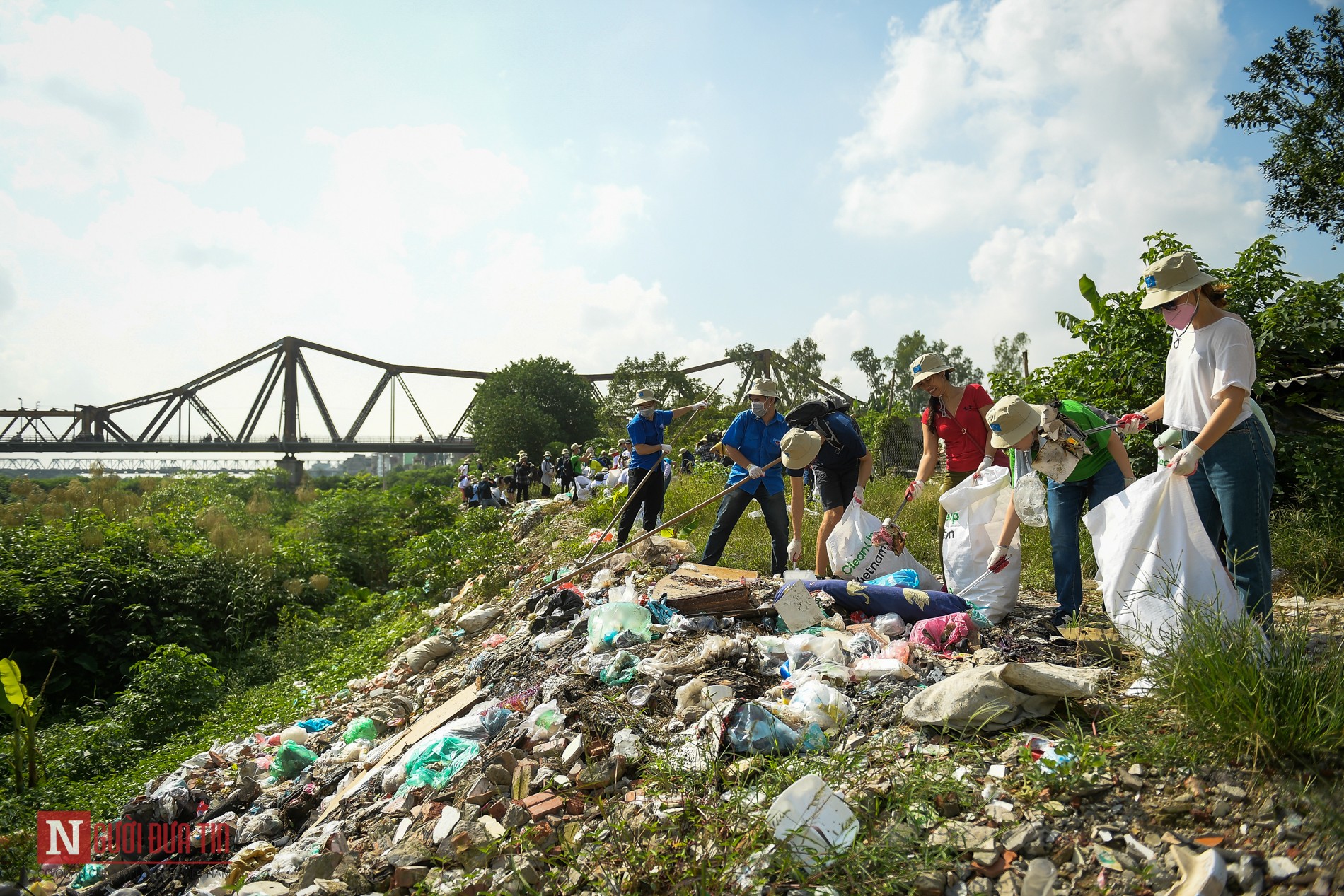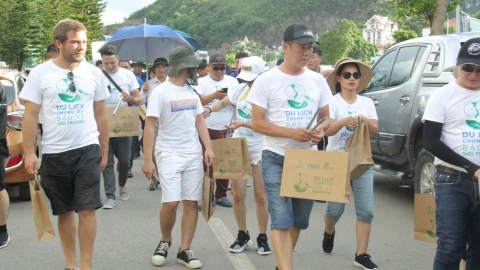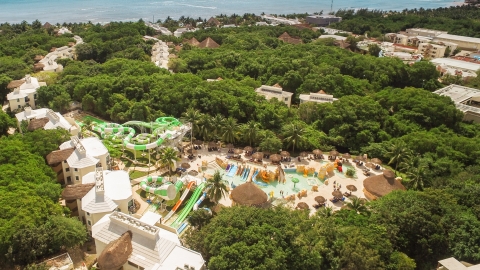According to research, Vietnam ranks fourth in the world (after China, Indonesia, and the Philippines) in the amount of plastic waste released into the ocean. On average, Vietnam discharges between 300,000 and over 700,000 tons of plastic waste into the sea each year (accounting for 6% of the world's total).
In response to this problem, the Prime Minister recently issued the National Action Plan on the Management of Marine Plastic Waste until 2030. The overall goal is to effectively implement Vietnam's international commitments on addressing plastic waste issues, with a focus on marine plastic waste, and to ensure the prevention of plastic waste discharge from land and sea.
Specifically, by 2030, Vietnam aims to reduce marine plastic waste by 75%; collect 100% of lost or discarded fishing gear; ensure 100% of coastal tourism businesses do not use single-use plastic products and non-biodegradable plastic bags; and ensure 100% of marine protected areas are free of plastic waste. In addition, the government has requested the Ministry of Natural Resources and Environment to assess the current state of marine plastic waste in several river estuaries and 12 island districts every five years.
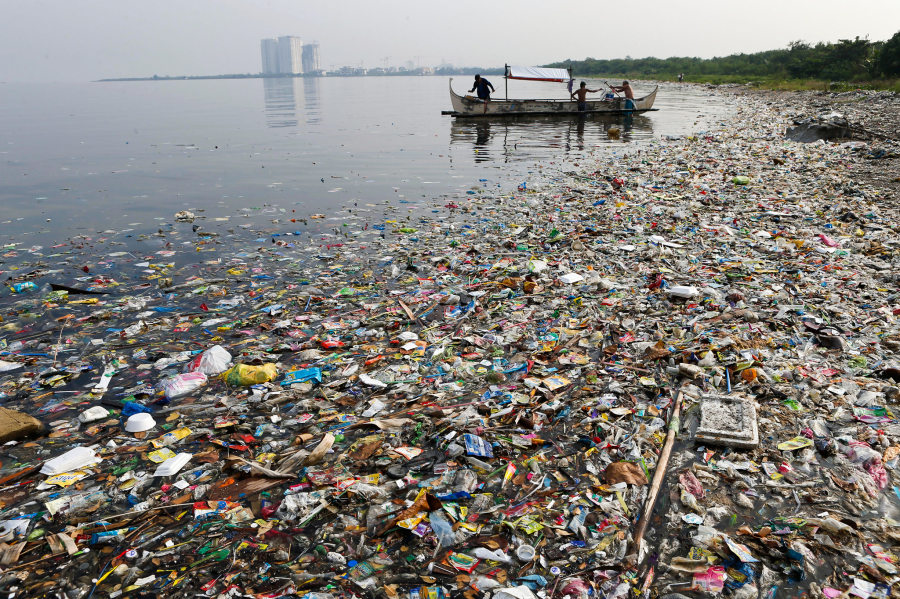
Vietnam's beach tourism is losing points due to litter.
To achieve the above objectives, the Government has set key tasks including: raising awareness and changing behaviors regarding plastic products and marine plastic waste; collecting, sorting, storing, transporting, and processing waste and plastic debris from activities in coastal and offshore areas.
This plan contributes to the implementation of the national strategy on solid waste and plastic waste; promotes the recovery, recycling, and reuse of plastic waste in Vietnam; and raises awareness, behavior, and habits among the people regarding the use of single-use plastic products and non-biodegradable nylon bags.
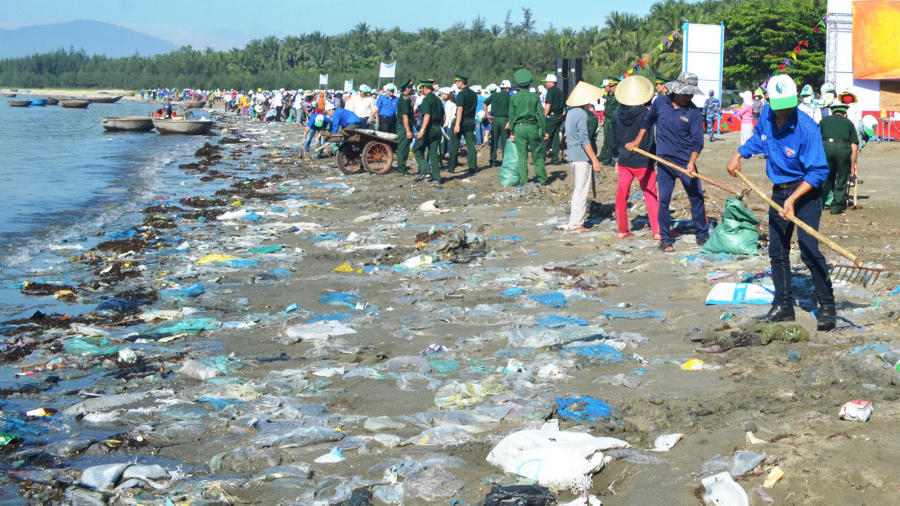
Locals joined forces to clean up the trash on the beach.
The Prime Minister has assigned the Ministry of Natural Resources and Environment a key role in implementing this plan, coordinating with the People's Committees of coastal provinces and centrally-governed cities to develop and pilot models for managing, minimizing, and ultimately eliminating the use of single-use plastic products and non-biodegradable nylon bags in coastal tourist areas. In addition, relevant ministries, sectors, and localities will monitor the implementation of regulations on the collection and treatment of plastic waste generated from purely marine economic activities.

 VI
VI EN
EN



